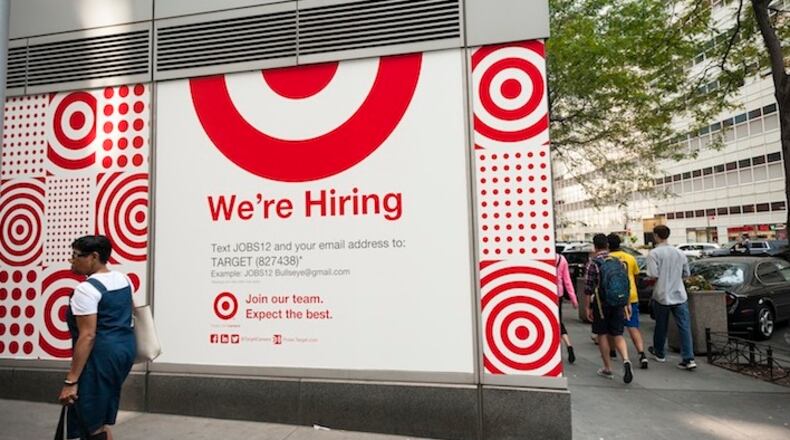Donald Trump's surprising election and his promise to overhaul the U.S. tax code set off celebrations across corporate America — but some industries had barely applauded before they began gearing up for a fight.
Trump's win gave Republicans control of the U.S. government for the first time in a decade and quickly drew attention to a tax plan that House Speaker Paul Ryan unveiled last summer with little fanfare. Ryan's radical tax-code rewrite would replace the corporate income tax with a 20 percent tax on businesses' domestic sales and imports; their exports would be exempt.
Cue the alarm bells for import-heavy companies like Wal-Mart Stores Inc., Target Corp. and Nike Inc. Retailers, apparel-makers, shoemakers, automakers and others unleashed one of their most robust lobbying and public-relations pushes in recent memory against the so-called "border-adjusted" tax. Buttressed by more than 10,000 phone calls to congressional offices, by a parody-style TV ad that aired during "Saturday Night Live" and by a succession of Republicans who've expressed concern about the plan, the opponents' efforts appear to be winning. So far.
But the action has now shifted to the White House, which will be "driving the train" on tax legislation, Press Secretary Sean Spicer says. There, the picture gets cloudier; lobbyists on both sides of the border-adjustment tax issue say they're not sure who'll determine the final contents of the administration's plan.
"Clearly, the retailers getting out so fast and so aggressively early was" an advantage in lining up congressional opposition to Ryan's plan, said Gordon Gray, director of fiscal policy for the American Action Forum, a right-of-center think tank in Washington. But it's still early, he said, and "unless we know where the White House is going to come down on it, it's hard to say who is winning."
Ryan and Rep. Kevin Brady, the Texas Republican who chairs the House Ways and Means Committee, have championed the border-adjustment plan as a way to raise revenue that would help finance tax-rate cuts. Independent estimates have said it would raise more than $1 trillion in tax revenue over 10 years. They also say it would help American-made products compete more effectively in overseas markets, while stimulating more domestic manufacturing.
Those who oppose the border-adjusted tax say it would lead to higher prices on a range of consumer goods — though supporters say a strengthening dollar would ultimately even such effects out. Opponents have gained valuable allies in Trump's administration. Treasury Secretary Steven Mnuchin is said to oppose the border-adjustment concept, as is Gary Cohn, Trump's top economic adviser.
Meanwhile, Stephen Bannon, the president's chief strategist who favors an "economic nationalist" approach, is said to favor the proposal.
The retailers were aided early when, less than a month into Trump's presidency, they scheduled the chief executive officers of several retail companies to meet with Cohn, the head of the National Economic Council. Cohn elevated the event to a meeting with the president on Feb. 15, at which the border-adjustment plan was discussed, according to people familiar with the meeting.
Trump himself hasn't weighed in yet — and that lack of clarity has left Ryan's plan without much political cover, leaving it open to attack, said Gray of the AAF.
The main opposition group, Americans for Affordable Products, debuted on Feb. 1, and now has more than 400 member companies. A flood of CEOs including J.C. Penney haven't been shy about lambasting the border-adjustment proposal. Wall Street analysts have chimed in; the concept "would be a really big hit to some companies," said Scot Ciccarelli of RBC Capital Markets. Retail stocks have declined this year while the overall market hit new heights.
"No other issue galvanized the industry like this one," said Brian Dodge, senior executive vice president of public affairs for the Retail Industry Leaders Association, one of the groups leading the opposition. "Until the sponsors declare it dead, we will continue to fight against it."
The Latest
Featured


